Note: This article appeared as an op-ed July 15 in the CT Mirror, but they cut the reference to Trump, and was written before the shooting on July 13, which of course I condemn, but that doesn't change that we can't have him as president again: https://ctmirror.org/2024/07/15/climate-protests-focus-on-disrupting-events-we-will-miss-the-most/
Criminal mischief. That was the felony(!) my friends from Extinction Rebellion New York City (XR NYC) were charged with when the six of them burst onto the 18th hole at the PGA championship tournament in Cromwell, CT a few weeks ago to announce, “No golf on a dead planet.” Most of them were tackled to the ground (apparently causing the damage to the green that precipitated the felony charge). They were roundly booed by many of the fans, but a stranger appeared and paid their bail, she was so impressed with their action.
Comments on the many media stories that followed were mostly about how these activists were “hurting their own cause” by targeting things that seemingly have nothing to do with the climate crisis. Shayok, one of the participants, said XR’s approach is to focus on “the things people love and will miss” due to the devastation of climate chaos. He also interrupted a championship tennis match last year by yelling from the stands and glueing his feet to the floor to make it harder to remove him. “No tennis on a dead planet.” Coco Gauff, the player who was interrupted, said she didn’t particularly like it but that climate change is an important issue.
Perhaps the most well-known XR tactic is “No art on a dead planet.” Activists have thrown various liquids on famous paintings, knowing full well they were protected behind glass.
In the latest example, activists from Just Stop Oil sprayed orange corn flour (which will wash away with rain) on Stonehenge the day before the summer solstice.
I was part of an XR NYC action a couple of years ago, locking down with others to block Wall Street next to the famous Bull, targeting the companies that bankroll the climate destruction.
People can disagree about the tactics, but XR sure has garnered outsized traditional and social media coverage. XR describes their approach as “small numbers, big impact.”
Another group that uses an approach that doesn’t require big numbers is Climate Defiance, which targets movers and shakers in politics, banking and other fields. Climate Defiance is a youth-led group that is just over a year old and whose videos of their own actions have been viewed millions of times. Both XR and Climate Defiance are committed to non-violent direct action, but that doesn’t mean they are treated non-violently by the cops and often just outraged attendees at the events they interrupt. I was part of an action Climate Defiance did in New Hampshire against my favorite villain, WV Sen. (and coal baron) Joe Manchin.
Another approach aims to gather as many people as possible and target the enablers of the continued expansion of fossil fuels, especially methane (“natural” gas), which is 100 times worse for the climate than carbon dioxide in the first ten years after release. (It dissipates much faster but does more damage in the short-term, which is why stopping production is so critical.)
Stop the Money Pipeline and other groups are carrying out multiple actions every week during the Summer of Heat, mostly in New York City, and mostly targeting Citibank, which is the second biggest funder of fossil fuels (after Chase Bank) but the biggest funder of new such infrastructure. People have blockaded the front doors of Citi’s skyscraper headquarters in Manhattan week after week, where 10,000 people work. Each week focuses on the participation of a different demographic, such as elders, youth, artists, people of faith, and frontline folks from the Gulf South, where companies are building massive LNG (liquefied “natural” gas) export terminals, which are hugely polluting to the local population and disastrous for the climate. Almost 200 Louisianans and Texans came to NYC last week, and I was proud to be arrested alongside some of them.
Many times, those of us participating in these actions are not arrested, just manhandled (or beaten) and pushed out of venues. Often, we are charged with misdemeanors. More recently activists have been serving jail time where they previously would not have. One XR activist got 60 days in jail for defacing the case of a sculpture at the National Gallery in DC. A friend of mine served 60 days for an action blocking the Mountain Valley fracked gas pipeline in West Virginia.
Meanwhile, our felonious ex-Commander in Chief and climate change denier may never see the inside of a prison cell, and may not even go to trial on his most serious charges.
The stakes are rising, just like the seas. And so are we. Our numbers are growing. I encourage you to check out any of the groups I’ve mentioned to learn more, and join us!


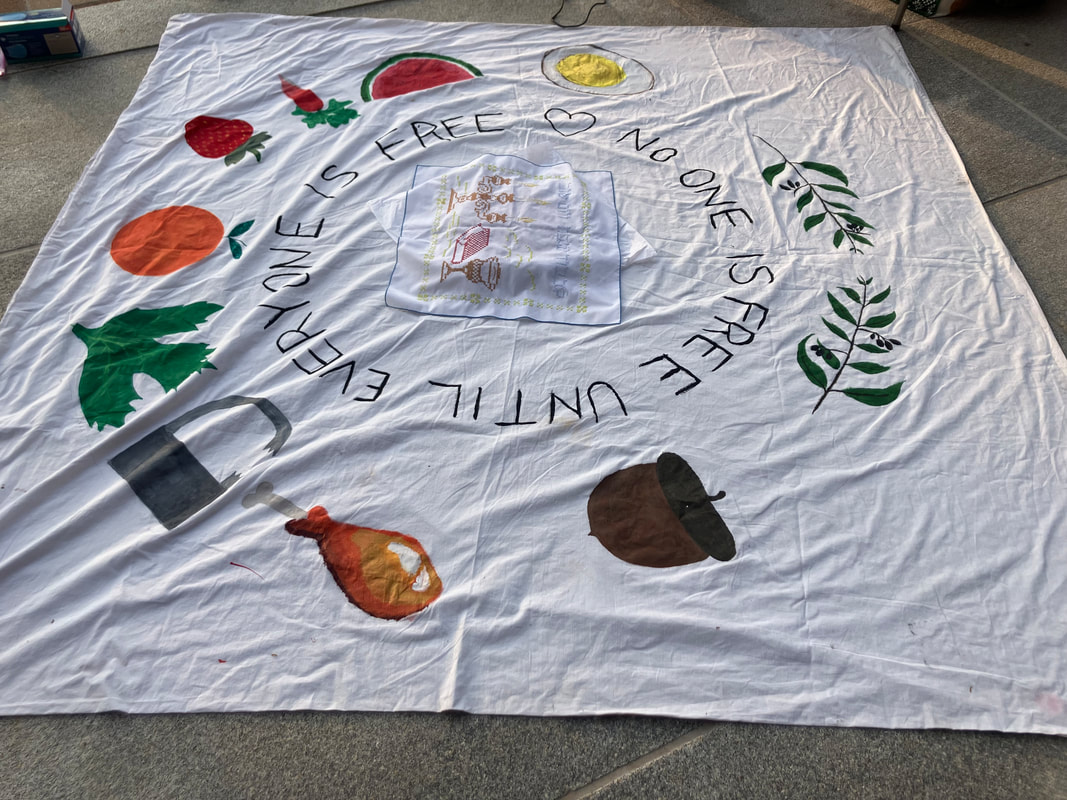


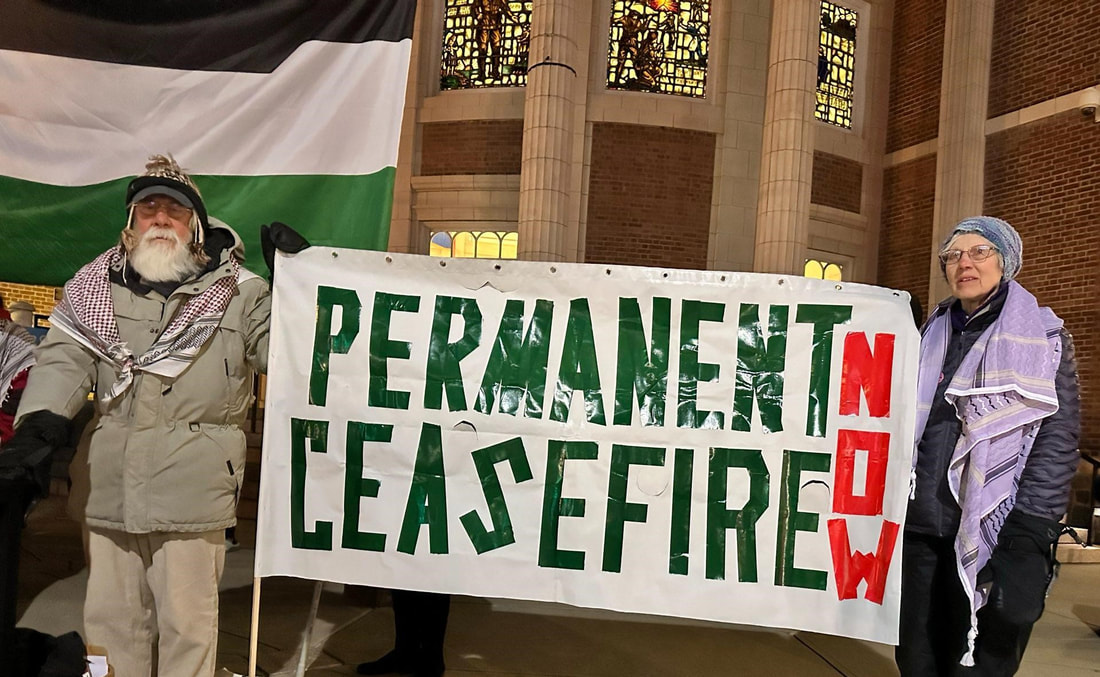

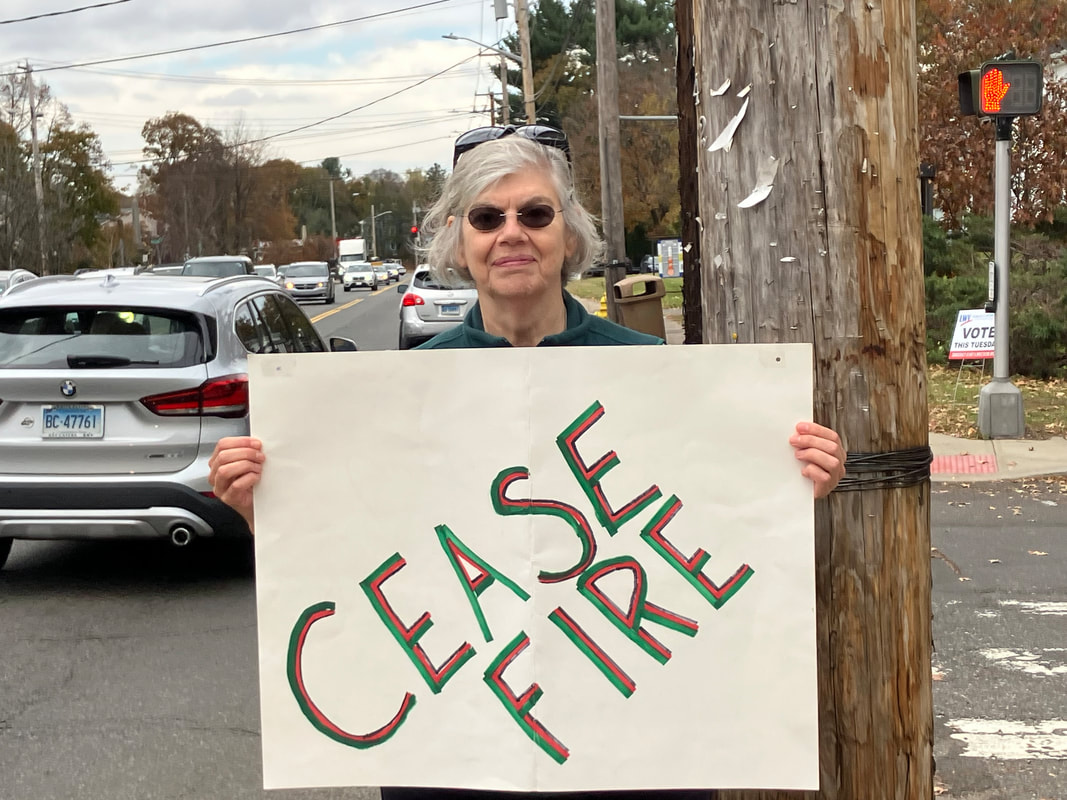
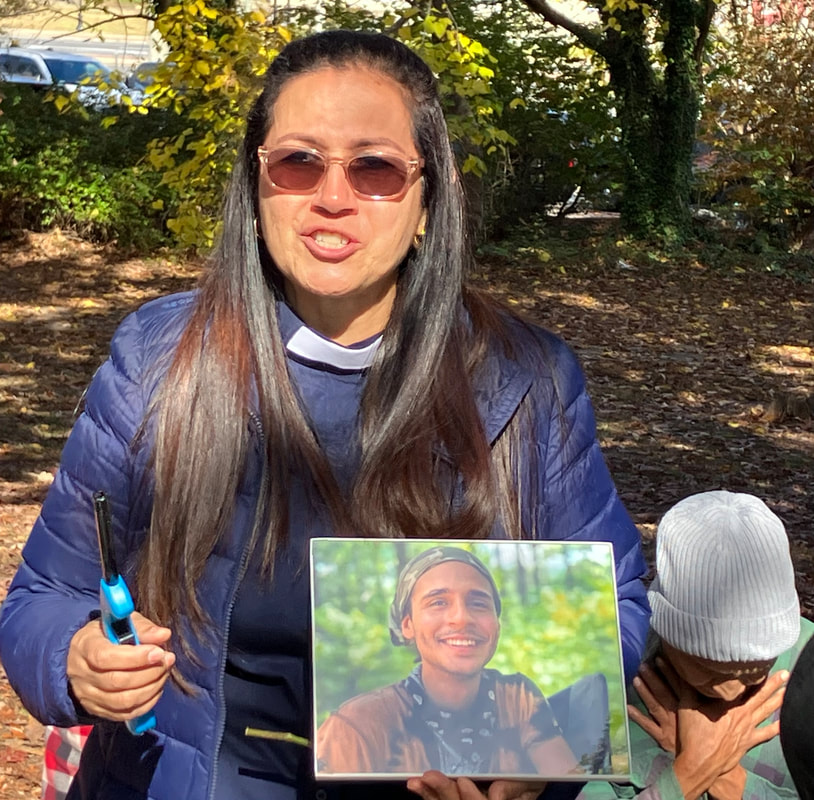
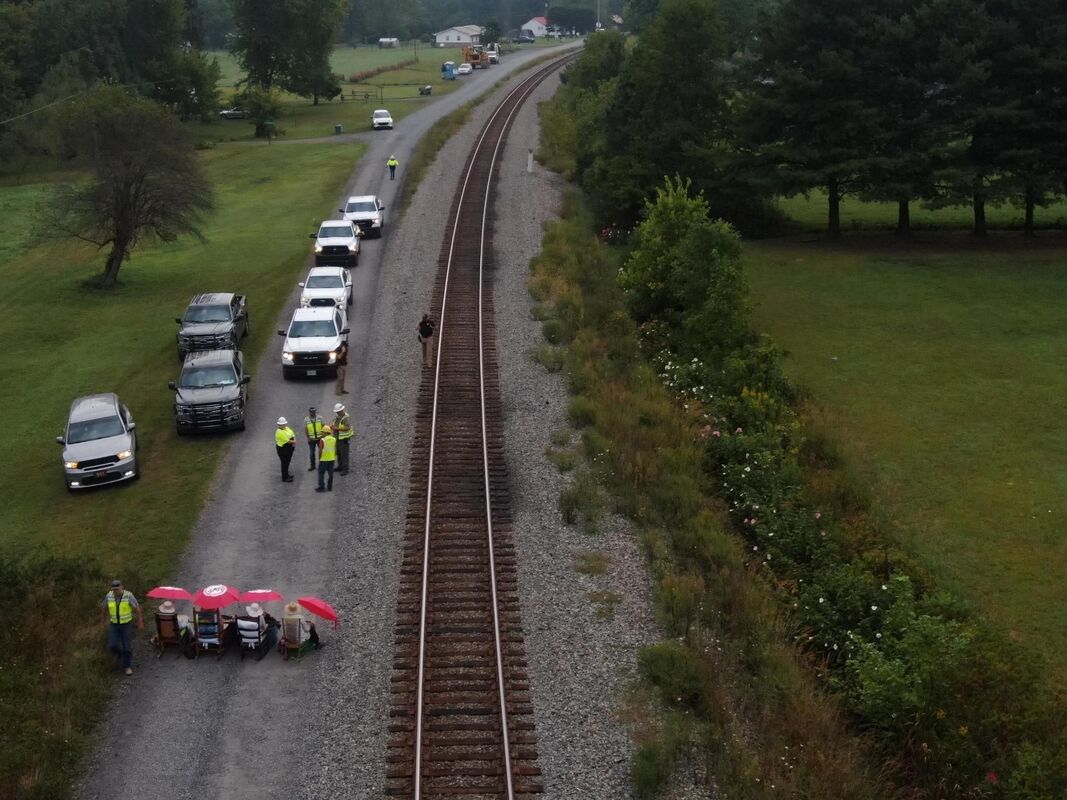
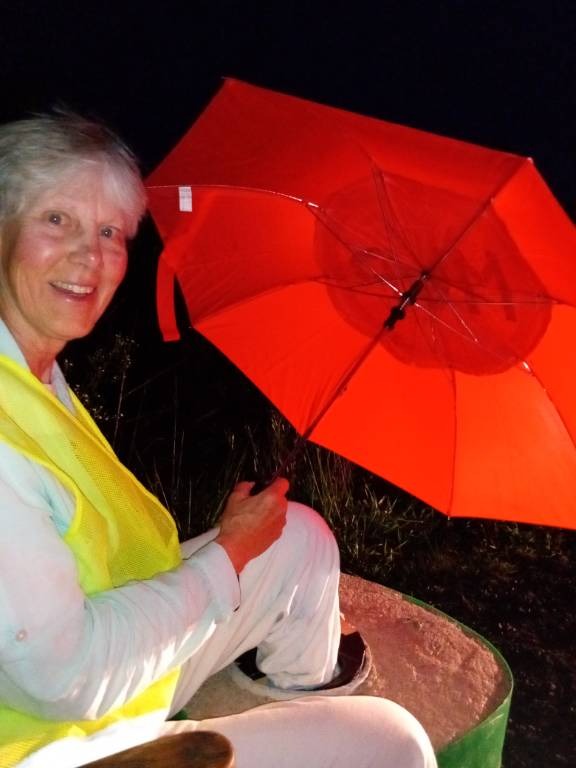

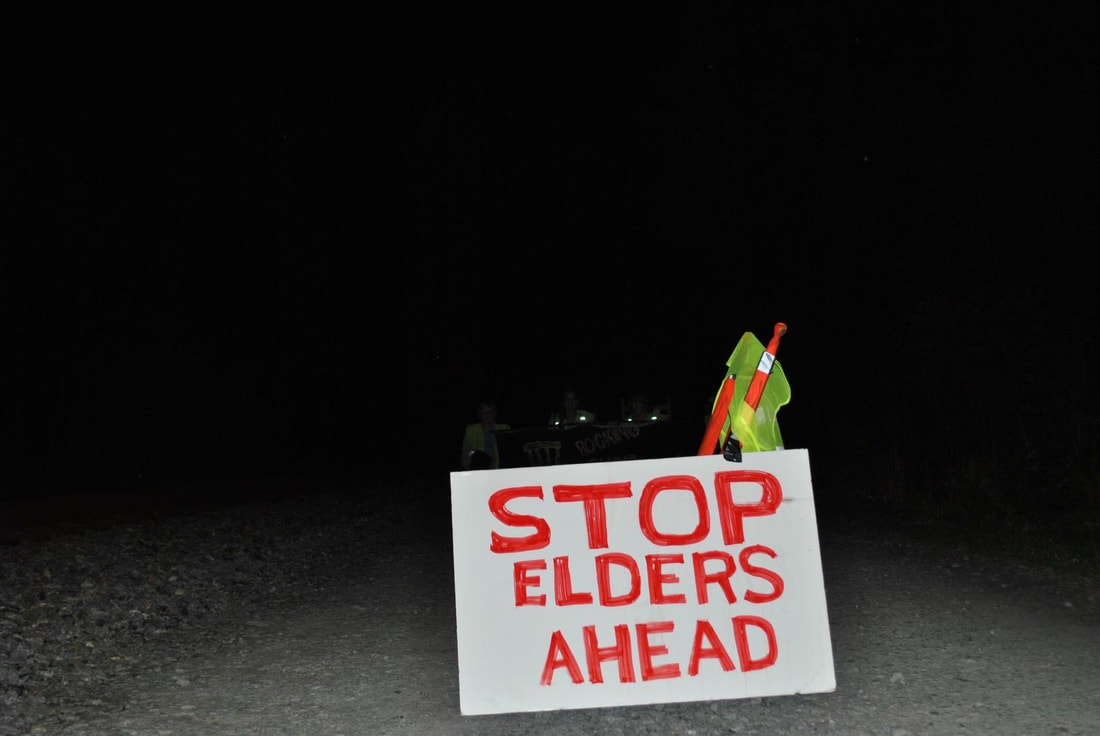
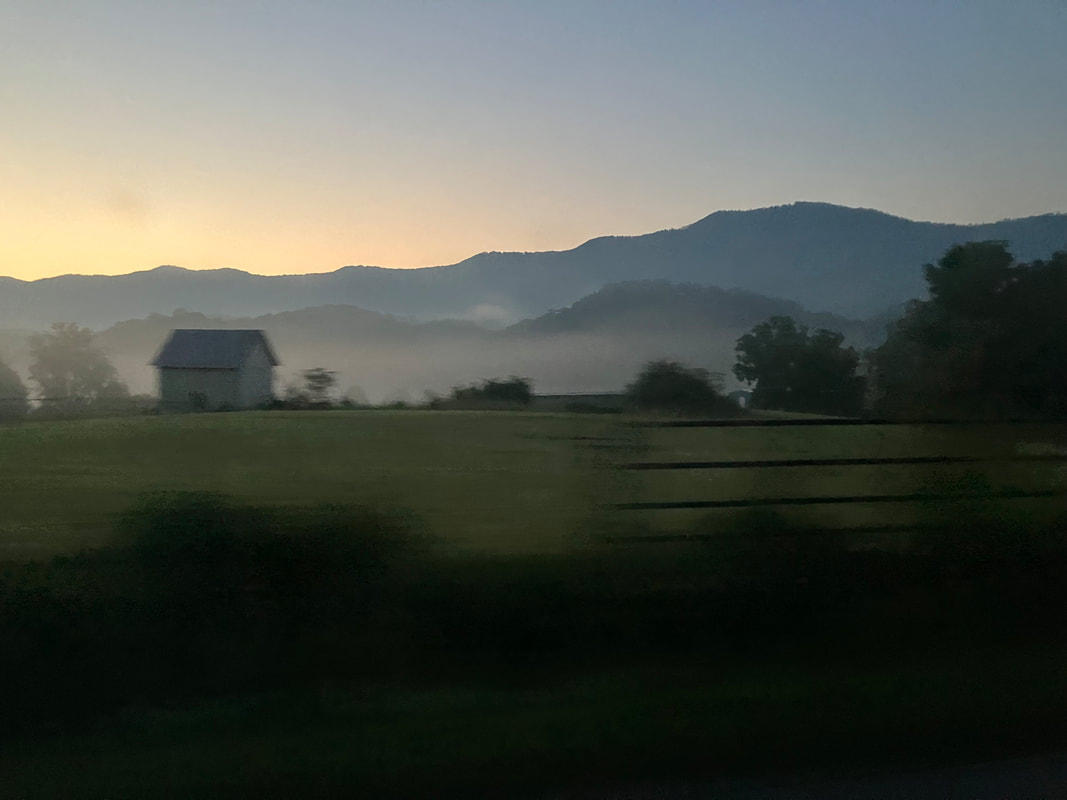

 RSS Feed
RSS Feed
